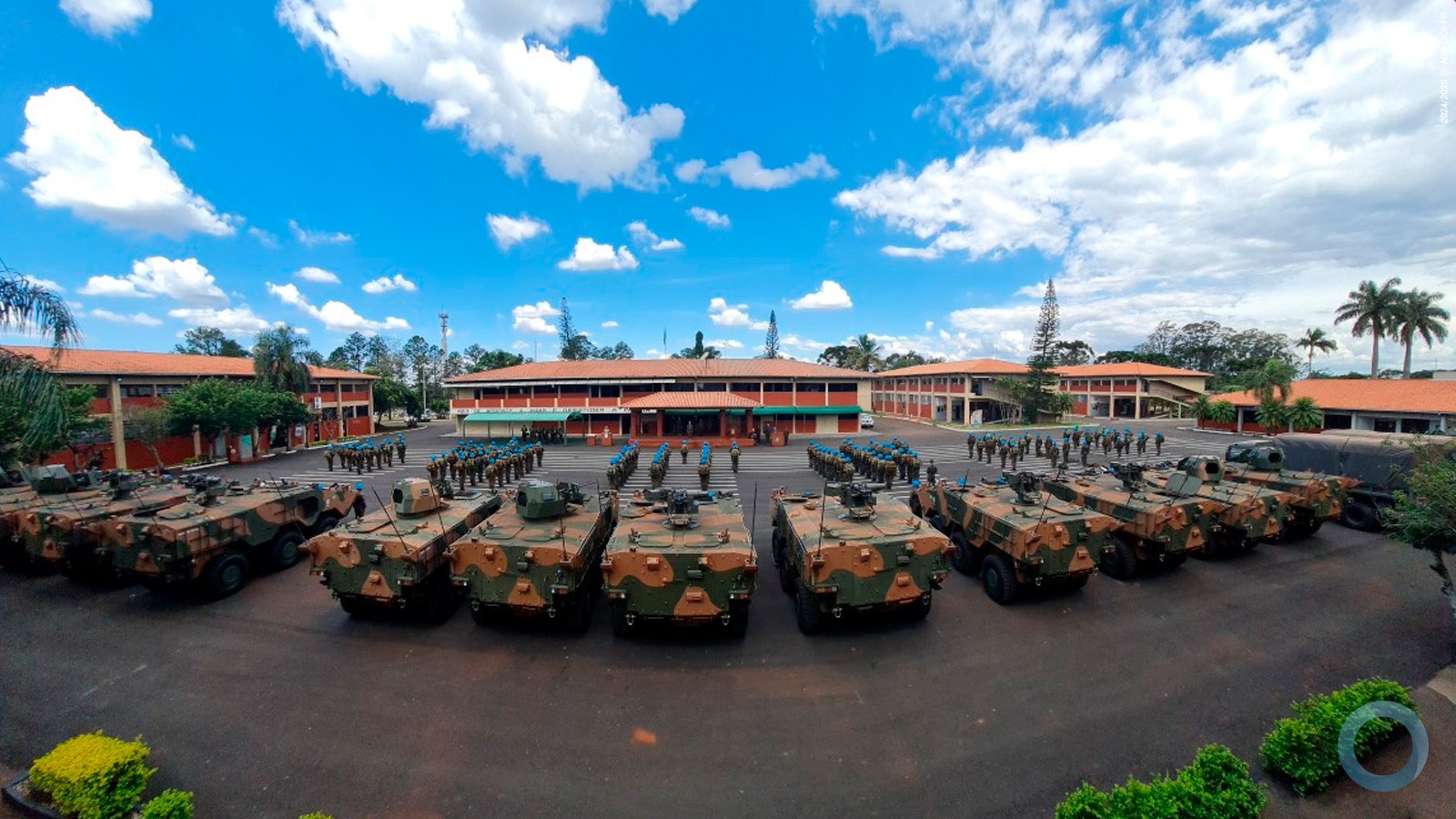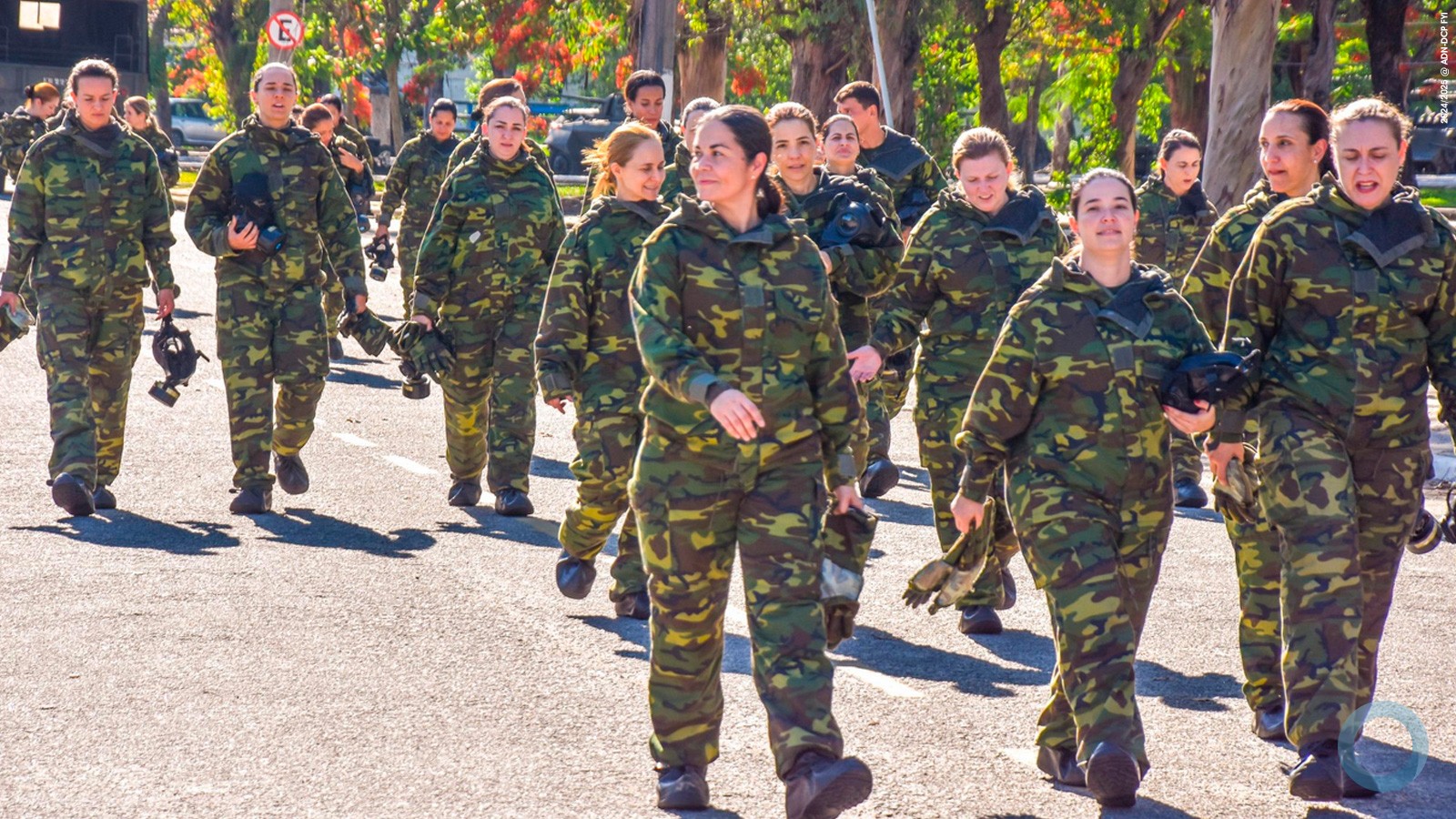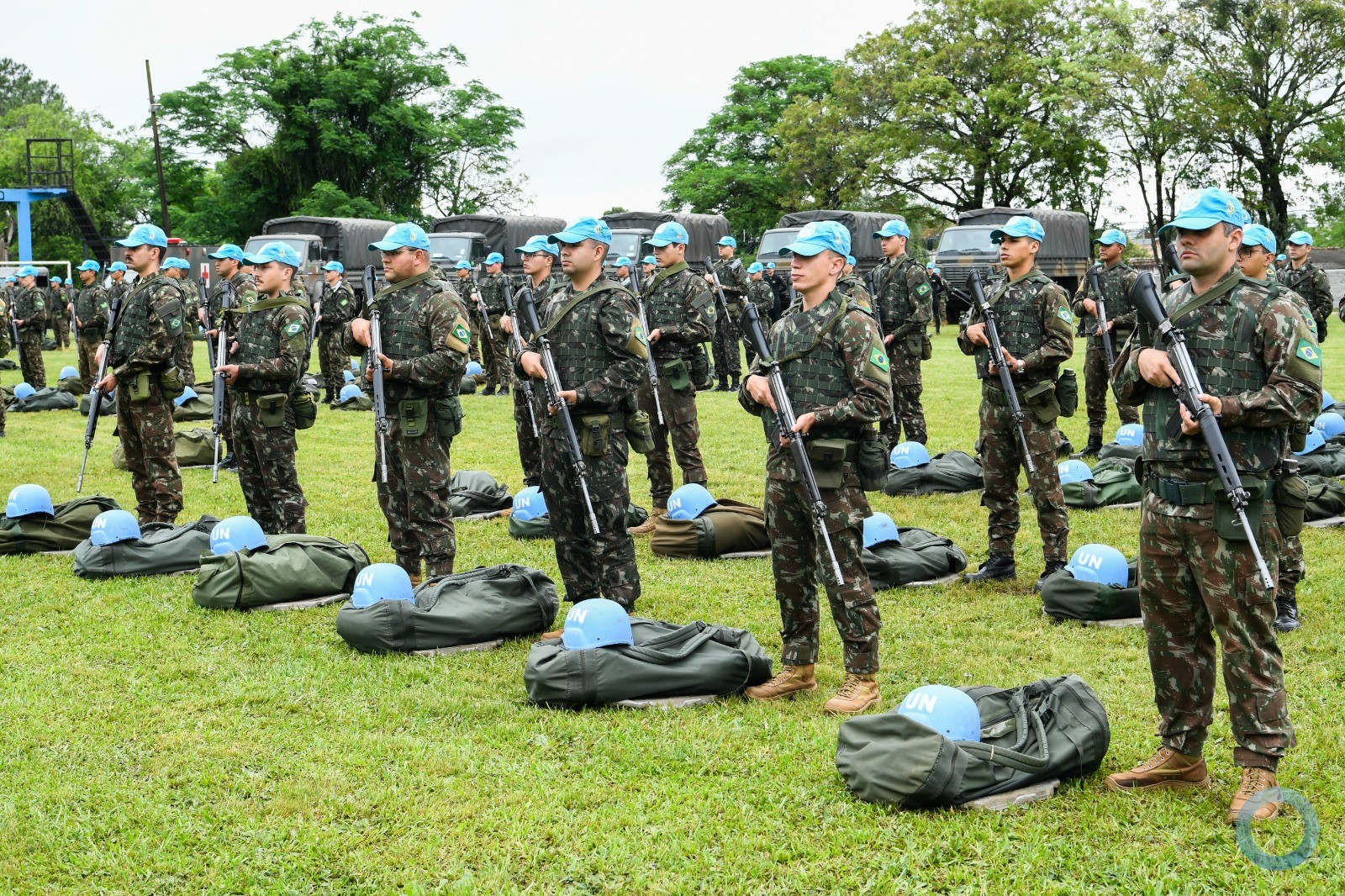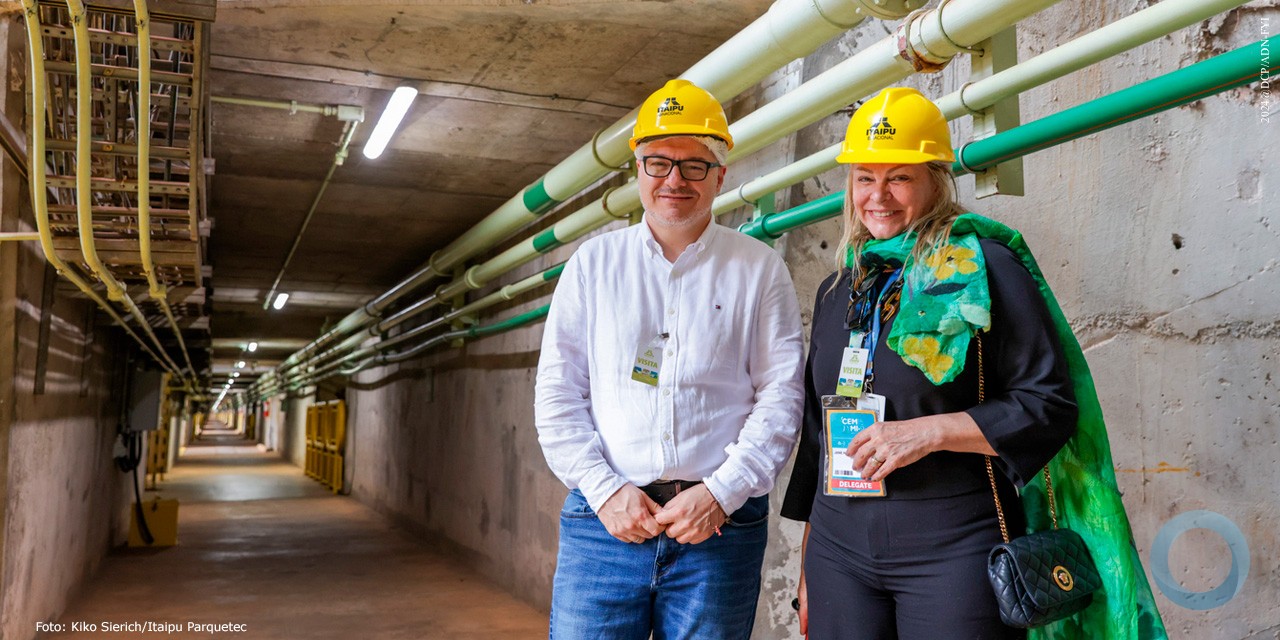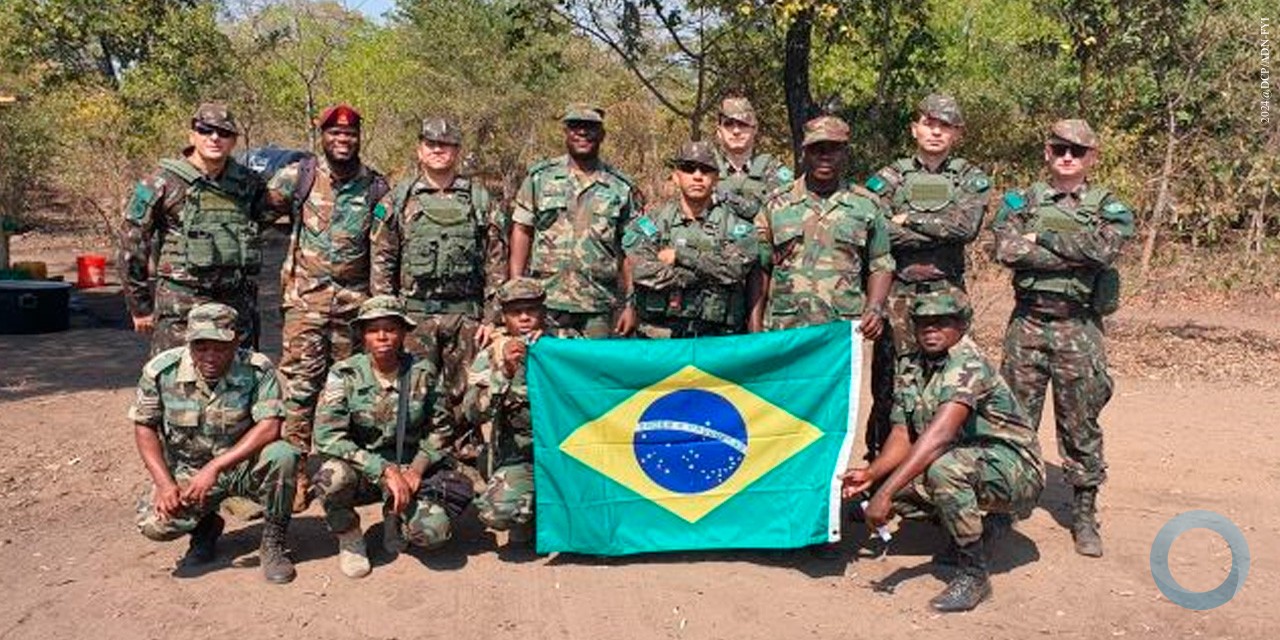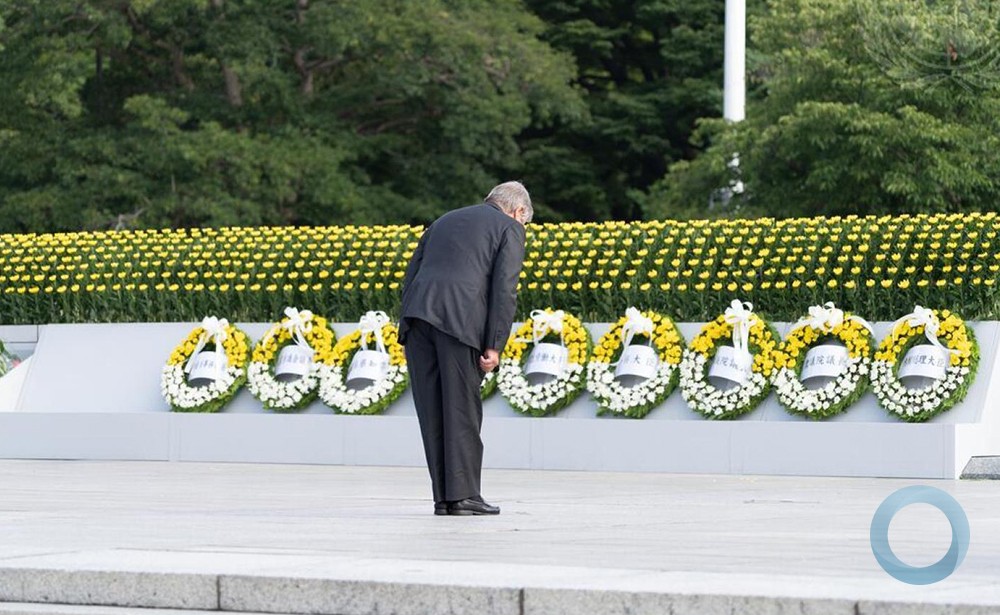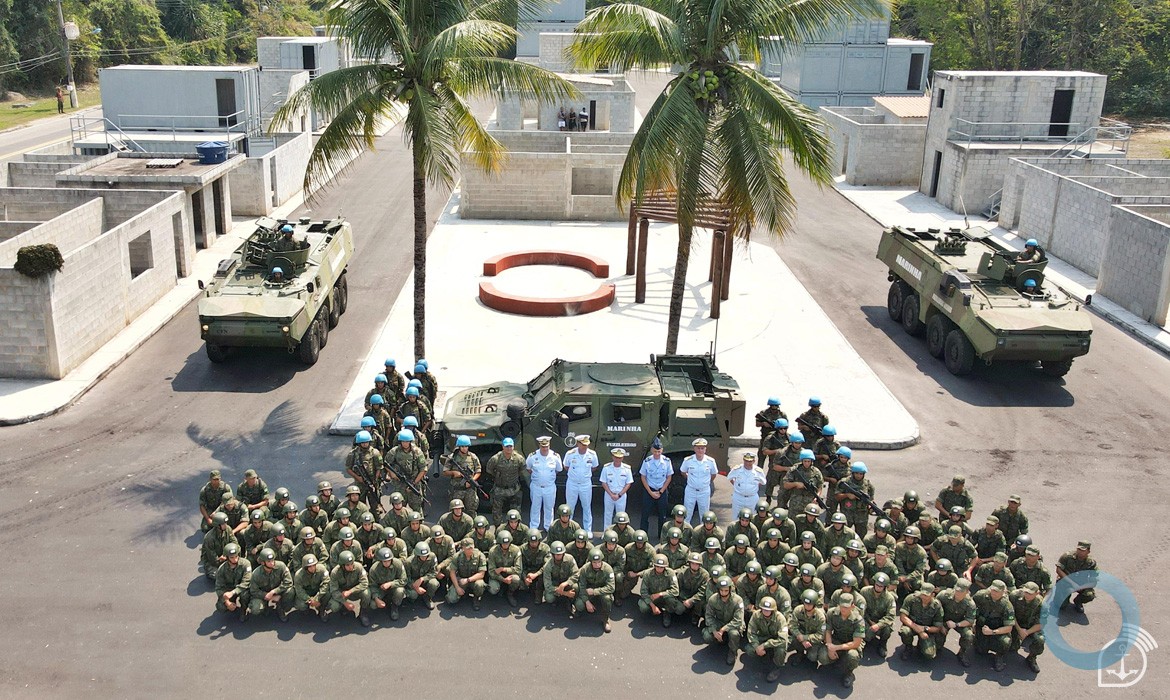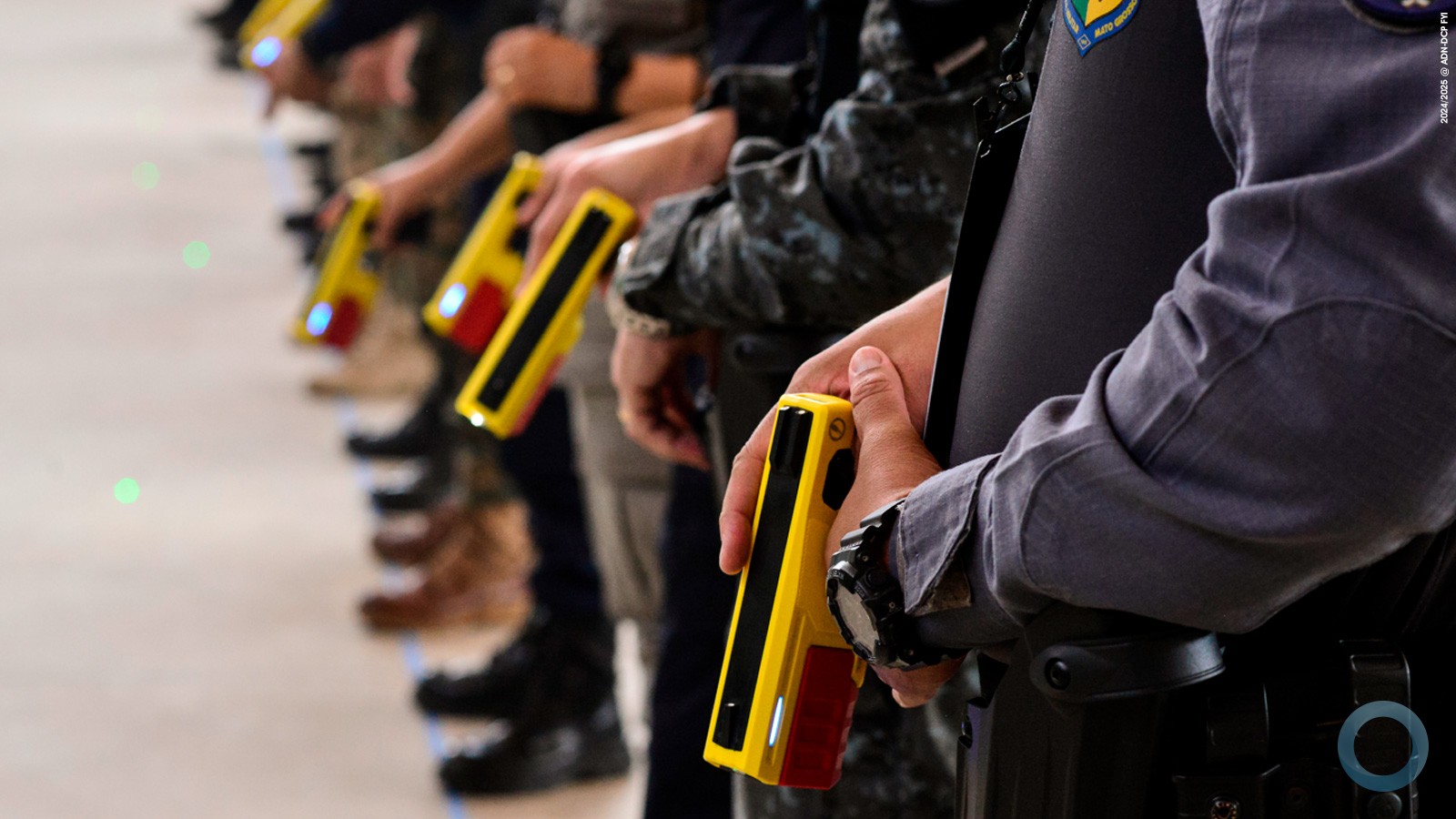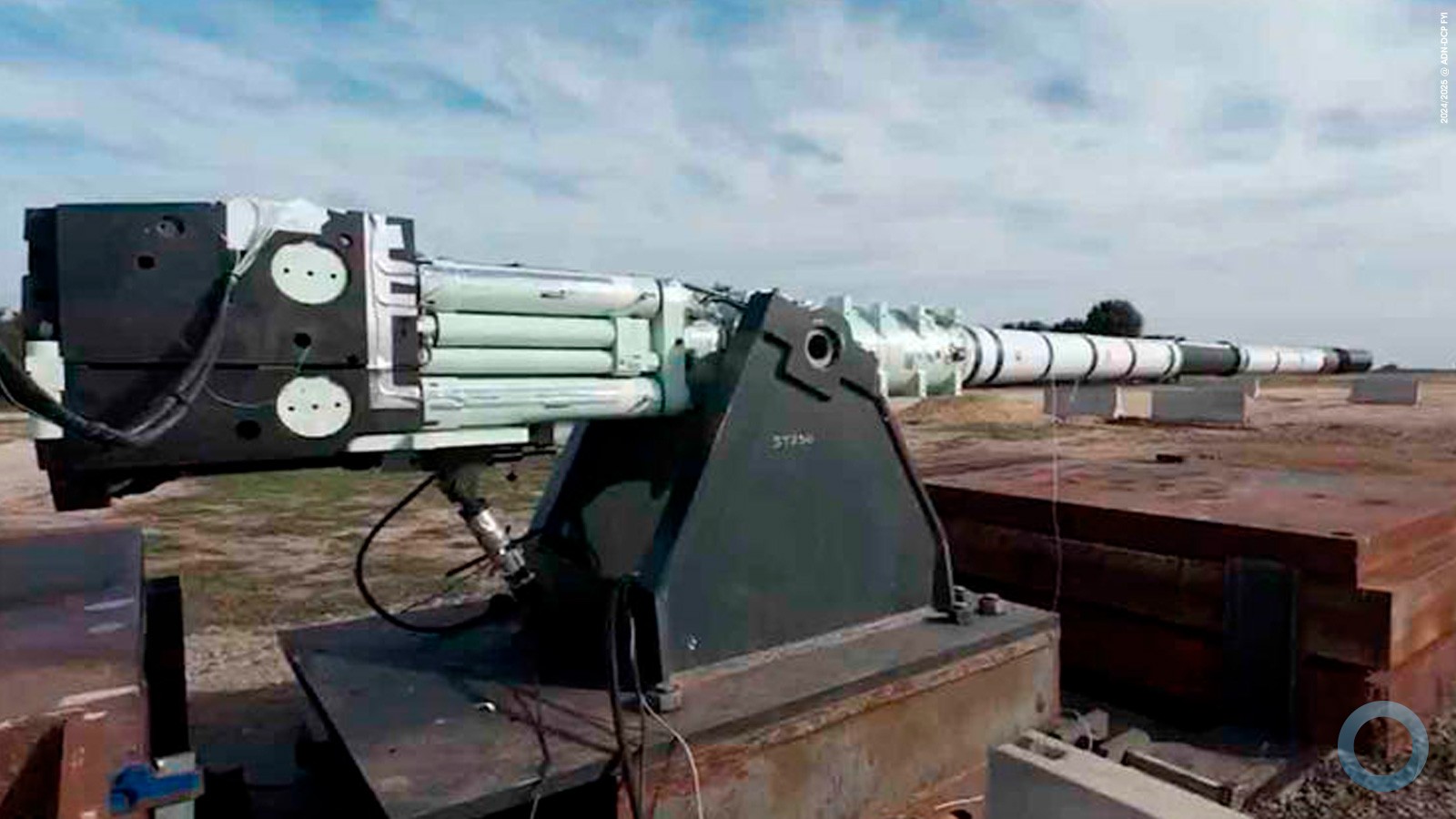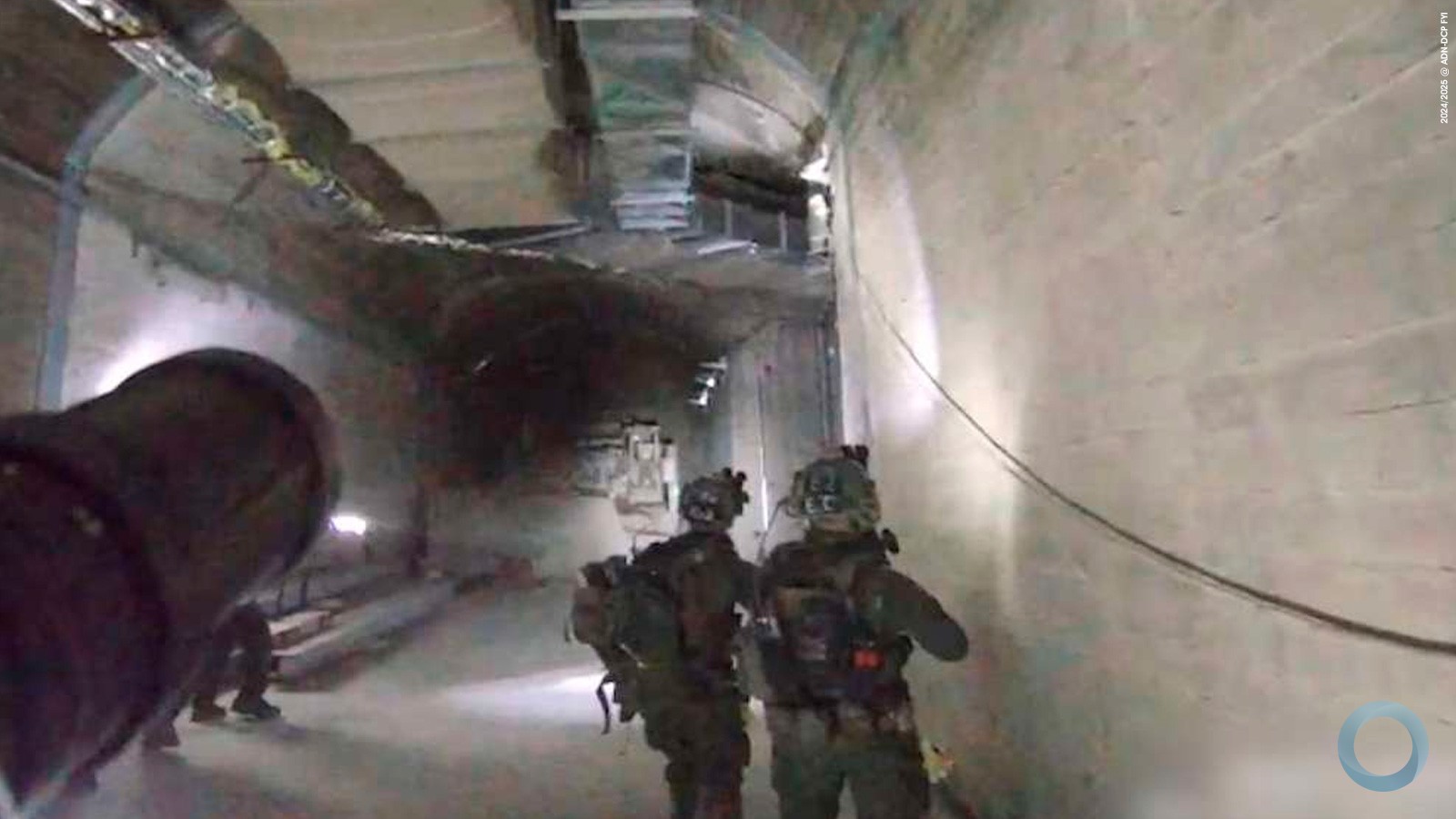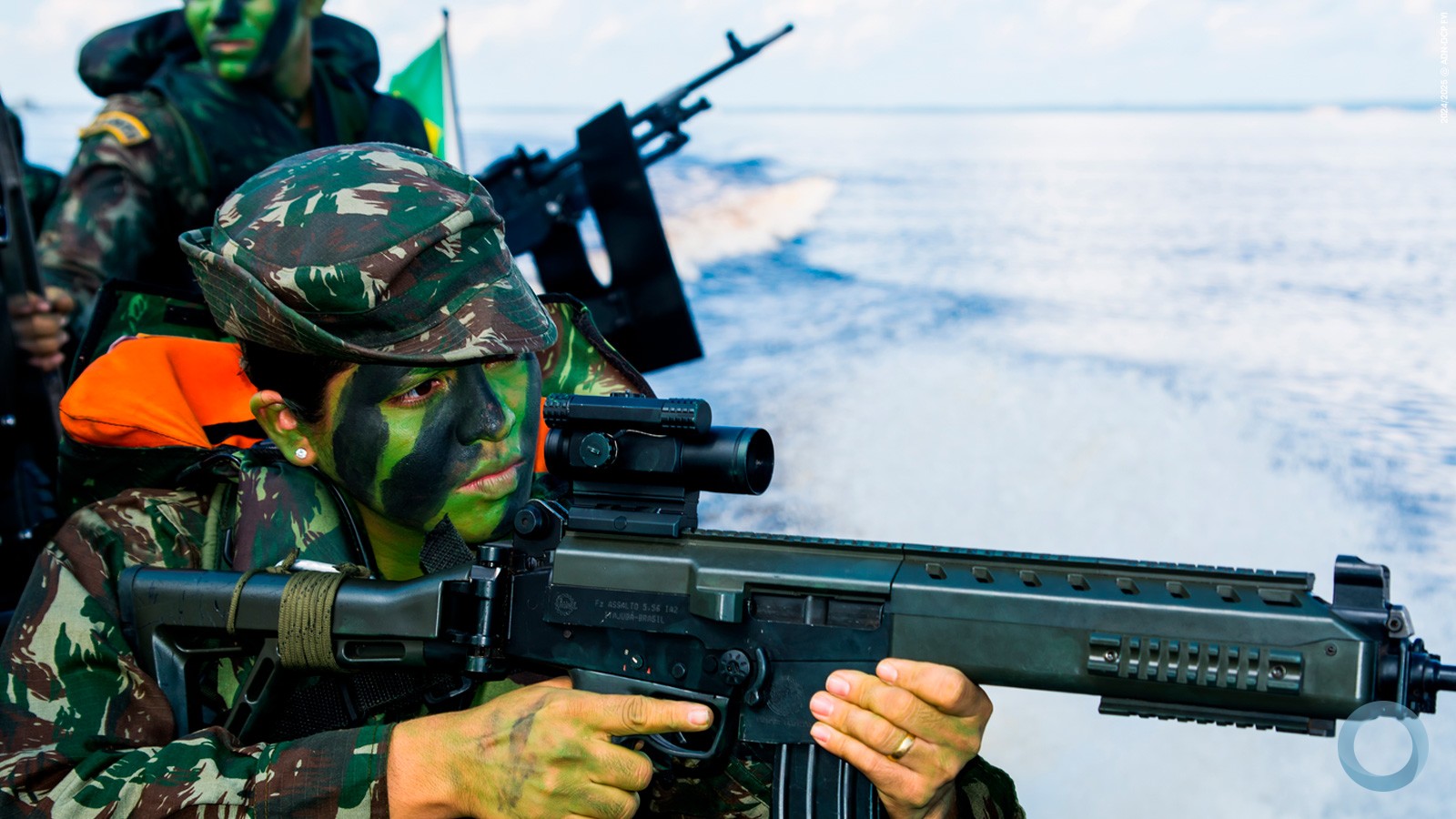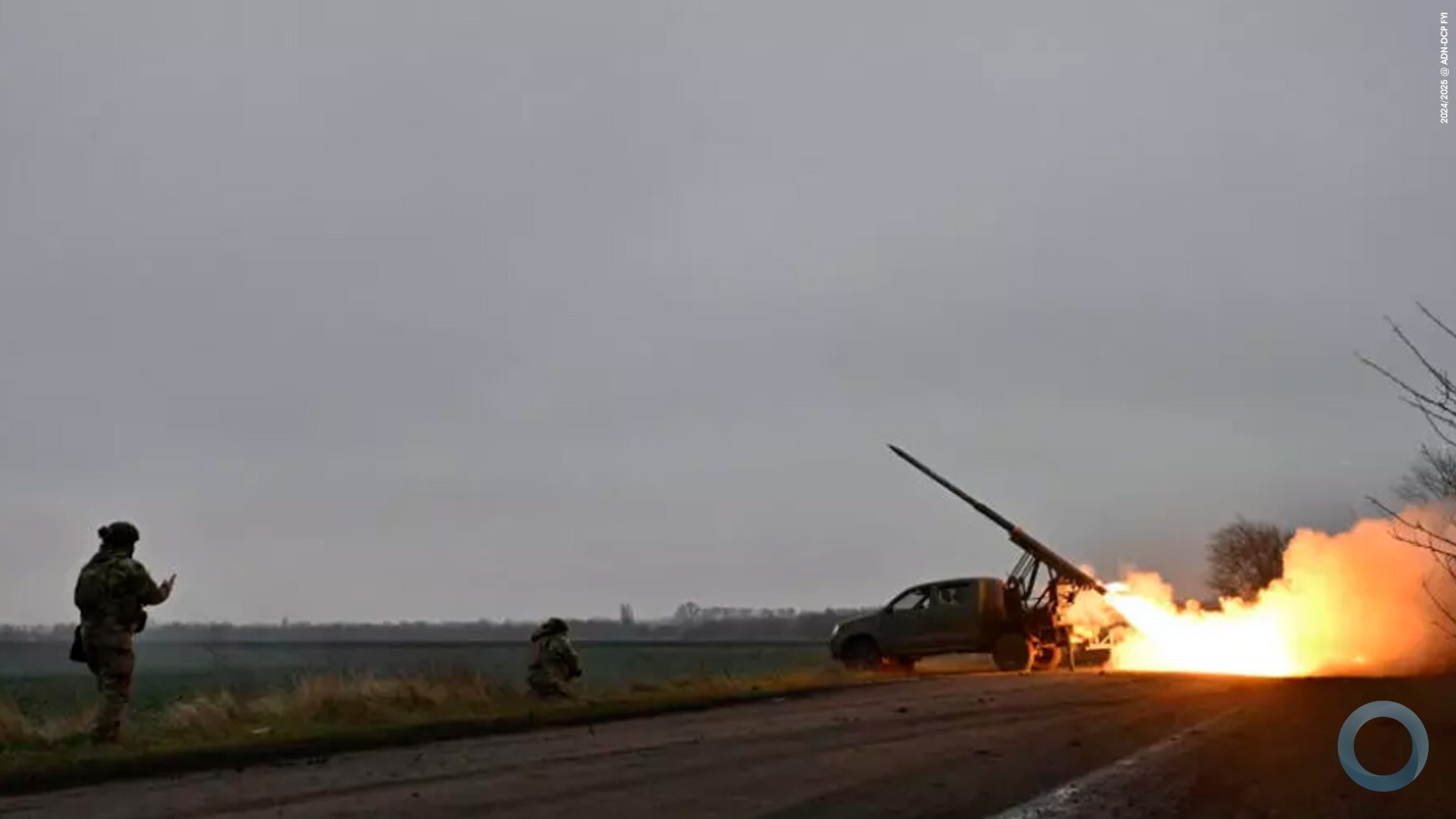SWISSINFO
Campaigners fighting to outlaw cluster munitions in Switzerland say a partial ban approved by both houses of parliament does not go far enough.
On Wednesday (19 Sept) the Senate followed the House of Representatives in adopting a ban on “unreliable” cluster munitions, which would allow the country to keep its arsenal largely intact. The initiative, which was passed unanimously by the Senate, calls for a ban on the production, stockpiling and use of cluster munitions that pose a serious humanitarian threat because they are unreliable or inaccurate.
The government, which has already voiced its support, imposed a moratorium on these weapons in May while it looks to amend the law.
But the move stops short of the blanket ban sought by the Swiss branch of Handicap International and dozens of other non-governmental organisations in Switzerland, including Amnesty International.
“We are happy with the fact that there is some kind of awareness that these munitions cause unacceptable humanitarian harm whenever and wherever they have been used over the past 50 years,” Ueli Anken, Handicap’s head of communications, told swissinfo.
“But the trouble is that the partial moratorium announced by the government and the partial ban suggested by this motion do not resolve this issue.”
“Indiscriminate”
According to Handicap International, all cluster munitions are indiscriminate, targeting civilians and military alike. In addition, it says there is no such thing as a fail-safe device.
“Manufacturers have added so-called self-destruct mechanisms to several types [of munition] including the M85 stockpiled by Switzerland and which was widely used in Lebanon,” said Anken. “But the trouble is that in many cases they don’t work.”
Handicap International claims M85 submunitions or bomblets have a proven failure rate of five to 15 per cent – a figure backed by United Nations deminers in Lebanon.
NGOs claim the Swiss government has a stockpile of 200,000 M85s – a figure that the defence ministry would neither confirm nor deny on Wednesday, saying the information was classified.
But Colonel Prasenjit Chaudhuri, head of verification in the army’s international relations department, told swissinfo that all M85s held by Switzerland were fitted with self-destruct mechanisms “that satisfied the highest reliability requirements”.
He said only two per cent of the bomblets failed to detonate on impact and only one in 20 of these duds was dangerous, exploding on touch.
“Therefore only one in a thousand of these submunitions ends up as dangerous unexploded ordnance,” added Chaudhuri.
He added that an interdepartmental working group had yet to establish which cluster munitions would be covered by the ban.
Cluster munitions
Thomas Nash, coordinator of the Cluster Munition Coalition, accused Switzerland of adopting a weak position on cluster munitions, adding that a partial ban was “not worth anything”.
He pointed out that the M85 munitions used by the Israeli army in Lebanon and by the British army in Iraq had left thousands of unexploded bomblets on the ground.
“It is simply not good enough for a government like Switzerland, which claims it is taking action to ban these horrific weapons, to exclude [from a ban] the very weapons that have caused so much harm in Lebanon and Iraq,” said Nash.
In February Switzerland was one of 46 nations that adopted a declaration in Oslo calling for a treaty next year to ban cluster bombs.
But a key parliamentary committee has come out against a total ban, saying such a move would considerably weaken Switzerland’s ability to defend itself.
Context
Cluster bomblets are packed by the hundreds into artillery shells, bombs or missiles that scatter them over vast areas, with some failing to explode immediately.
Unexploded bomblets can then lie dormant for years after conflicts end until they are disturbed, often by civilians. These weapons have recently been used Iraq, Kosovo, Afghanistan and Lebanon.
The United Nations estimates that Israel dropped as many as four million bomblets in southern Lebanon during last year’s war with Hezbollah, with up to 40% failing to explode on impact.
Handicap International says 98% of cluster-bomb victims are civilians, more than a quarter of them children.
IMPORTANT DATA
A separate parliamentary motion calling for all cluster munitions to be banned has been rejected by a key parliamentary committee.
The government has indicated that a blanket ban would be “excessive”.
Switzerland says it has no cluster bombs, only artillery shells with cluster munitions and that it stopped production in 2003.





